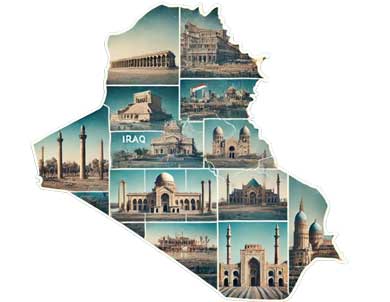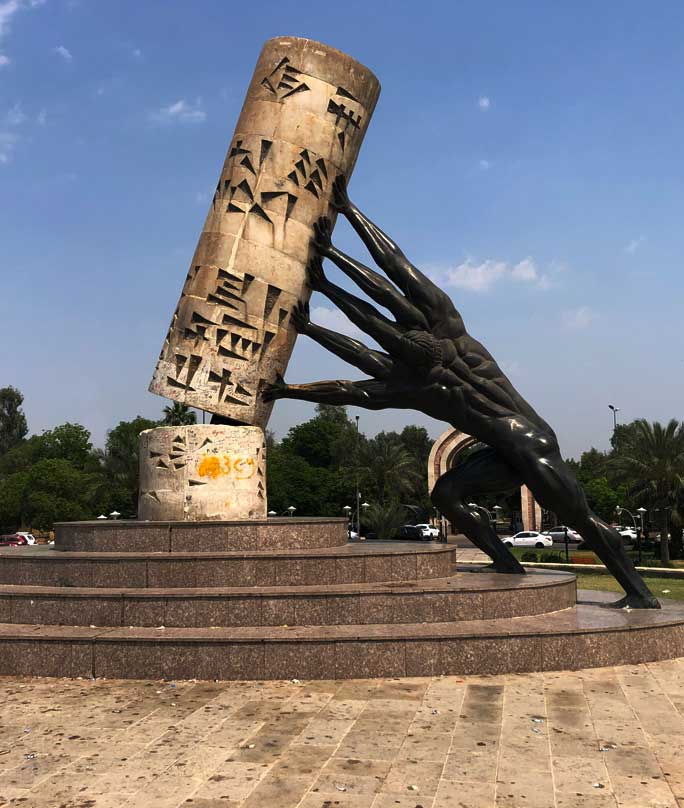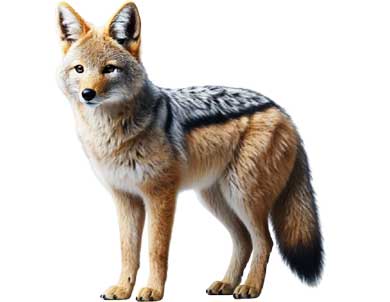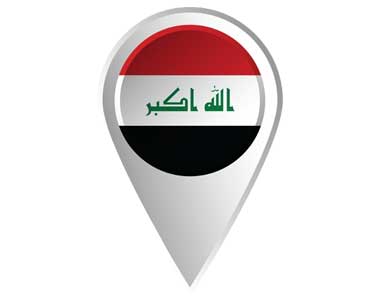
COUNTRY GUIDE
Learn about Iraq from its landscape and cuisine to the accommodation and activities available.

Iraq, often called the cradle of Mesopotamia, is where some of the world’s most ancient
civilisations emerged. Situated in Western Asia, Iraq encompasses fertile plains fed by the
Tigris and Euphrates rivers, contrasting with the vast deserts that cover much of the country.
Mesopotamia is celebrated as the birthplace of civilisations like Sumer, Akkad, Babylon, and
Assyria, which pioneered foundational aspects of human knowledge, including writing,
mathematics, astronomy, and law.
Iraq’s landscape highlights its geographical diversity. The southern plains, nourished by
rivers, are home to lush date palm groves, while northern and western regions feature arid
terrains dominated by drought-resistant shrubs. Historically, Iraq was rich in wildlife,
including lions and wild boars, though human impact has reduced these populations significantly.
Iraq’s history is unparalleled. Mesopotamia, the “cradle of civilisation,” saw the rise of early
cities and innovations in writing and governance. Ancient societies like Sumer and Babylon made
profound contributions to human progress. The Code of Hammurabi, one of the earliest legal
codes, originated in Babylon. Baghdad later became the heart of the Islamic Golden Age under the
Abbasid Caliphate, with advances in science, medicine, and the arts flourishing there.
The introduction of Islam in the 7th century transformed Iraq’s cultural landscape. Today, Iraq
remains predominantly Muslim, with a largely Arab population and minorities like Kurds,
Assyrians, and Turkmen, adding to its cultural richness. Despite years of war and instability,
Iraqis are known for their resilience, hospitality, and strong cultural identity.
Economically, Iraq is resource-rich, with oil reserves central to its economy. The country holds
some of the world’s largest oil reserves, making petroleum exports essential for financial
stability. However, Iraq is working to diversify, with agriculture and industry also playing key
roles. The fertile southern lands support crops like wheat, barley, and rice, while the north
has promising agricultural potential.
Rebuilding Iraq after decades of conflict presents ongoing challenges, including
desertification, political instability, and infrastructure needs. Yet, Iraq’s cultural heritage,
strategic location, and abundant resources offer opportunities for growth. The legacy of
Mesopotamia continues to influence Iraq’s identity as it strives to create a future grounded in
both its ancient past and modern ambitions.
Marhaban! Whether for business, adventure, or a longer stay, experience the legacy of ancient civilisations and a culture rich in history. Iraq will stay with you!

Learn about Iraq from its landscape and cuisine to the accommodation and activities available.

Get essential facts about the climate, the people, important dates and more, before you travel.

Discover the different regions of Iraq so you can plan exactly where you want to go.
Your guide to Iraq, from its geography and history to its people and culture, including essential travel facts, as well as useful location information.
Find local connections in Iraq from tour operators, hotels, businesses, individuals and more, to provide you with the pertinent local knowledge you need.
Enjoy browsing through stunning images, viewing videos and listening to the music of Iraq and check what events, shows, and more are happening when you visit.

We are a multi-disciplinary team working together to create awesome websites that provide you with all you need to know about the countries of the Indian Ocean
Office No.2 14,Avenue sodnac
Quatre-Bornes
Copyright © 2022 MYP Online Marketing. All Rights Reserved. Conceptualised by MYP Online Marketing